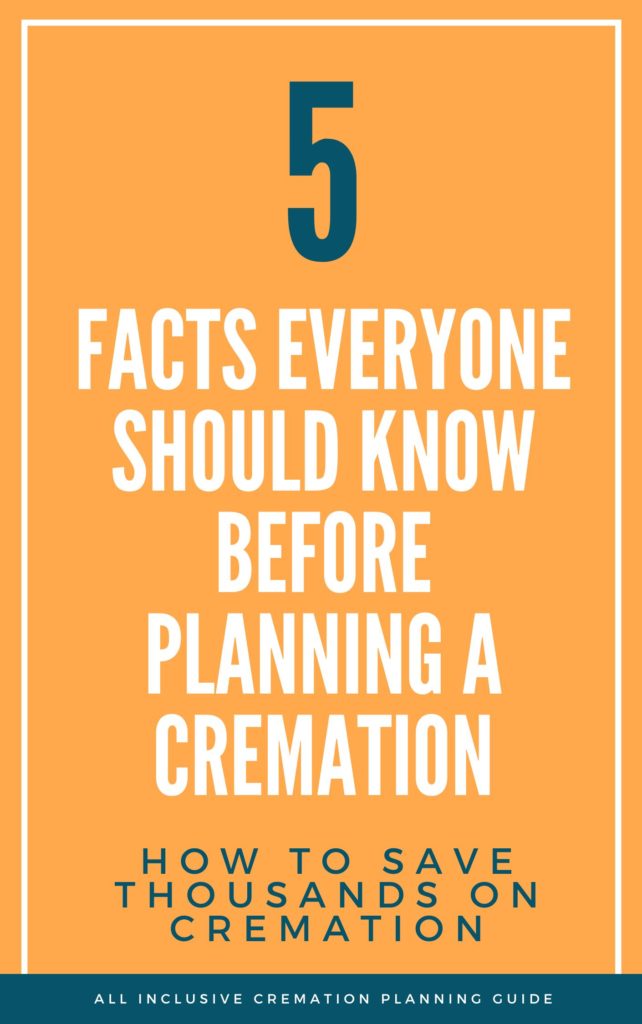by Alan D. Wolfelt, Ph.D.
“I don’t have to go in search of the pain of grief—it finds me. It’s when I deny or insulate myself from the pain of the loss that I shut down. Ironically, it is in being open to the pain that I move through it to renewed living.”
—Alan D. Wolfelt
Your feelings are the way you perceive yourself. They allow you to respond to the world around you and help you know you are alive. If you shut them down—if you deny, repress, or inhibit them—you risk being among the “living dead.” If you lose touch with your feelings, you have no true awareness of life.
The word “feeling” comes from the Indo-European root that means “touch.” To feel is to activate your capacity to be touched and changed by experiences you encounter along life’s path—in this situation, the death of someone in your life. The term “perturbation” refers to the capacity to experience change and movement.
The purpose of mourning is to allow feelings to move through you in ways that integrate them into your life.
To integrate grief into your life requires that you be touched by what you experience. When you cannot feel a feeling, you are closed in your ability to use it or be changed by it, and instead of experiencing perturbation, you become “stuck.” This can result in being out of touch with your feelings and will lead you down a path to carrying the grief surrounding the death. (For more information and insight on “carried grief,” see my book Living in the Shadow of the Ghosts of Grief.)
When you carry your grief, not only do you struggle to identify what you are feeling, you often have difficulty expressing feelings to people around you. Your capacity to experience life fully is inhibited, and you begin to shut down. In contrast, you probably know other people who are visibly touched by what happens to them and to others. They recognize they have special needs when losses impact their lives. They feel deeply and they show it. They are not stoic in the face of loss but respond to the instinct to organically mourn, openly and honestly.
The Unique Expressions of Your Feelings
The specifics of how you express your feelings of loss are as unique as your fingerprints. Some people are more naturally expressive, while others have more quiet styles of mourning. It seems that the important thing is that feelings be permitted to emerge into consciousness. For you, how this happens will be unique to your personality, cultural and family background, and a multitude of other influences. Remember—there is no one right or only way to mourn. Discover ways to mourn that feel safe and comfortable to you.
The word “heart” literally means “well of reception.” Just as you opened your heart to love, you must open your heart to feel your feelings of loss. Again, we sometimes forget that love and feelings of loss are inextricably bound together. As I like to remind myself and others, the capacity to love requires the necessity to mourn.
Mourning is the experience of loss in love. Love is the fuel that inspires grief and the need to mourn.
Rather than think of feelings of loss as a weakness or vulnerability, the reality is that our ability to mourn highlights our capacity to give and receive love.
Your heart is moved entirely by what it has perceived. In allowing yourself to befriend your feelings, you will discover the natural place of grief in your life. I truly believe that place is in your heart, right beside your capacity to love and be loved. Authentic mourning, anchored in feeling your feelings, is an opportunity to embrace your open heart, your well of reception, in ways that allow for and encourage your healing.
Perhaps the most important truth I have learned is that healing in grief is heart-based, not head-based.
Modern therapies sometimes separate the head from the heart; it’s as if we should somehow be able to rationally think through our grief. I heartily disagree! Carl Jung taught us years ago that every psychological struggle is ultimately a matter of spirituality. The critical questions explored in this book encourage you to think, yes, but more importantly, to feel with your heart and soul. The sad reality is that the power of befriending feelings as a profound way of ultimately healing is often not acknowledged in our mourning-avoidant culture, which worships scientific findings and more masculine ways of operating in the world.
As a result, I remind you it takes courage to befriend feelings of loss in contemporary North American culture.
The death of someone precious to you opens or engages your heart. Now you can choose to take your heart, which has been engaged, and gather the courage to encounter your feelings of loss.
Courage can also be defined as the ability to do what one believes is right, despite the fact that others may disagree. If you choose to befriend your feelings of grief and loss, some people may well try to shame you and directly or indirectly encourage you to deny, repress, or inhibit them. So go forth with courage.
The word “emotion” literally means “energy in motion.” To be authentic with your emotions is to have them work for you instead of against you. To do that requires that you put your emotions into motion through befriending them. As you do so, you will begin to experience the rewards of being in touch with your feelings and the resulting perturbation. Then you will begin to experience the benefits of enhanced feelings of aliveness, the renewal of the capacity to have joy in your life, and the reigniting of your divine spark.
About the Author
Dr. Alan D. Wolfelt is a noted author, educator and practicing grief counselor. He serves as Director of the Center for Loss and Life Transition in Fort Collins, Colorado and presents dozens of grief-related workshops each year across North America. Among his books are Healing Your Grieving Heart: 100 Practical Ideas and The Healing Your Grieving Heart Journal for Teens. For more information, write or call The Center for Loss and Life Transition, 3735 Broken Bow Road, Fort Collins, Colorado 80526, (970) 226-6050 or visit their website, www.centerforloss.com.







